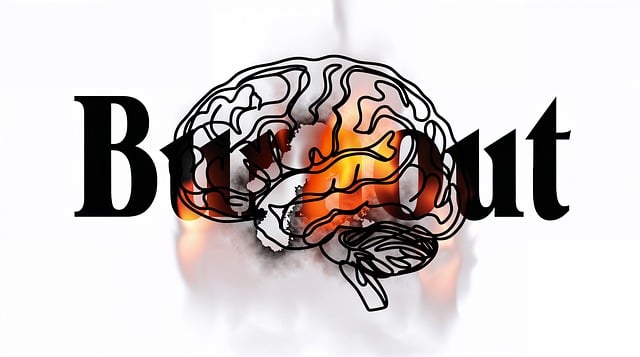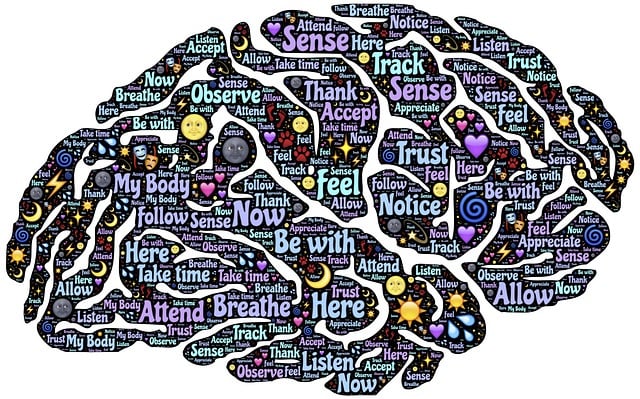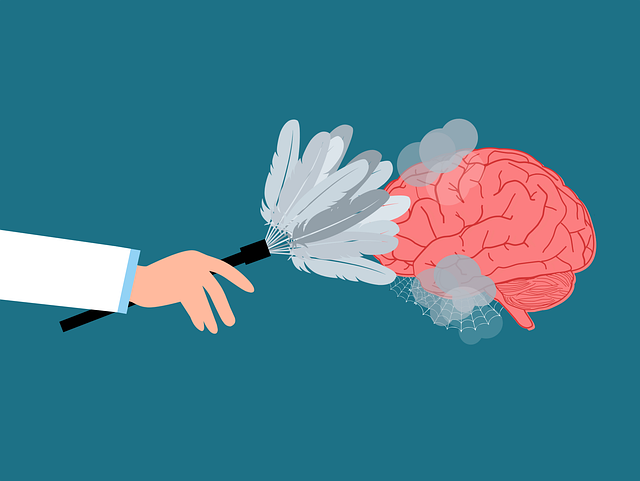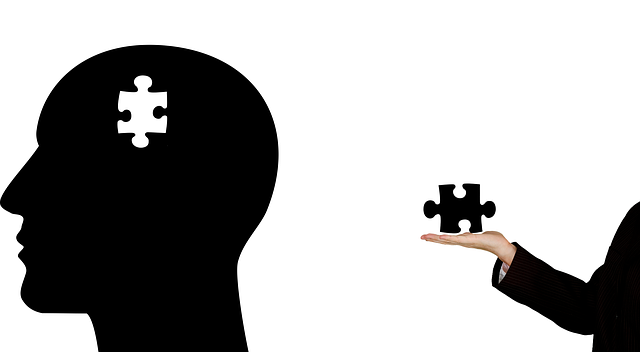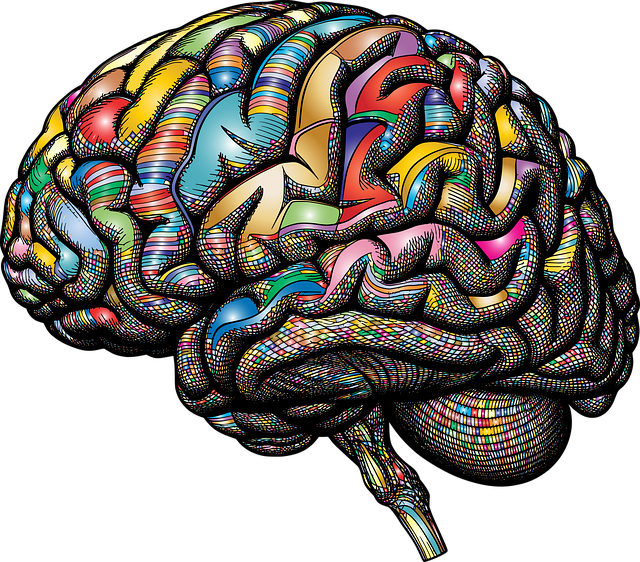Mental health advocacy plays a vital role in creating understanding and support for vulnerable groups like Lone Tree Abuse Survivors (LTAST), who offer specialized therapy tailored to abuse survivors' unique needs. LTAST initiatives include community outreach, education, policy changes, and stress reduction techniques to combat stigma and improve access to care. Through individual and group therapy, they address symptoms and root causes of abuse, promoting self-care, positive self-image, and cultural competency awareness. Overcoming mental health stigma through education and demystification is a key focus, encouraging open conversations and breaking down barriers to support services.
Mental health advocacy is a powerful force for positive change, especially in communities where support systems are limited. This article explores the vital role of advocates in raising awareness and promoting understanding of mental health issues. We shine a spotlight on Lone Tree Abuse Survivors Therapy (LTAST), a groundbreaking initiative transforming lives. Furthermore, we delve into key strategies for fostering mental health advocacy, emphasizing the importance of overcoming stigma. By examining these efforts, we aim to inspire further action and support for those in need.
- Understanding Mental Health Advocacy: The Role in Society
- Lone Tree Abuse Survivors Therapy: A Closer Look at Their Impact
- Key Initiatives for Mental Health Awareness and Support
- Overcoming Stigma: Strategies for Effective Advocacy
Understanding Mental Health Advocacy: The Role in Society

Mental health advocacy plays a pivotal role in creating a supportive and understanding society. It involves raising awareness about various mental health conditions, challenging stigma, and promoting access to quality care. Advocates often act as powerful voices for those who may not have one, ensuring that their experiences are heard and recognized. This is especially crucial for vulnerable populations like Lone Tree Abuse Survivors, where therapy and support services can be transformative in healing and recovery.
Advocacy initiatives take many forms, from community outreach programs to policy changes at the governmental level. They foster self-awareness exercises and educate individuals on recognizing signs of mental distress, encouraging early intervention. Additionally, these efforts contribute to the development of effective stress reduction methods and crisis intervention guidance, ultimately aiming to enhance overall well-being. By advocating for better mental health practices, communities can create a safer and healthier environment for everyone, including those facing unique challenges such as abuse survivors.
Lone Tree Abuse Survivors Therapy: A Closer Look at Their Impact

Lone Tree Abuse Survivors Therapy (LTAST) is a remarkable initiative that has been making waves in the mental health advocacy space. This therapy program focuses on providing specialized support to individuals who have experienced abuse, offering them a safe and non-judgmental environment to heal. LTASH goes beyond traditional therapy by incorporating various therapeutic approaches tailored to meet the unique needs of survivors. The program aims to empower clients by teaching essential skills for emotional regulation, a key aspect in managing trauma and fostering resilience.
Through its comprehensive approach, LTAST addresses not just the symptoms but also the underlying causes of abuse. They facilitate the development of self-care routines, encouraging participants to prioritize their mental well-being. By combining individual therapy sessions with group support, LTASH creates a sense of community, allowing survivors to connect and share experiences. This holistic strategy has proven effective in helping individuals regain control of their lives, break free from the cycle of abuse, and cultivate a positive sense of self, ultimately enhancing their overall mental health and well-being. Additionally, the program’s influence extends beyond the participants, as it raises awareness about cultural competency among healthcare providers, ensuring better support for diverse communities affected by abuse.
Key Initiatives for Mental Health Awareness and Support

Mental health advocacy initiatives play a crucial role in fostering a supportive environment for individuals facing various challenges. One notable organization, Lone Tree Abuse Survivors Therapy (LTAST), has been at the forefront of these efforts, focusing on providing therapy and resources to survivors of abuse. LTAST offers specialized programs tailored to address the unique needs of those who have experienced trauma, aiming to enhance their mental wellness and recovery journey.
Through its various initiatives, LTAST raises mental health awareness by organizing educational workshops, seminars, and community events that highlight the importance of early intervention for depression prevention. They also leverage modern platforms with a Mental Wellness Podcast Series Production, reaching a broader audience and sharing valuable insights on managing stress, anxiety, and other common mental health issues. These efforts contribute to breaking down stigma associated with seeking help, encouraging open conversations about mental wellness, and ultimately improving access to support services.
Overcoming Stigma: Strategies for Effective Advocacy

Overcoming stigma is a critical aspect of mental health advocacy. The perception of mental illness as a sign of weakness or personal failure perpetuates shame and discourages individuals from seeking help. Effective advocacy initiatives must challenge these stereotypes by fostering understanding, empathy, and compassion. This involves educating communities about the real-life experiences of those living with mental health conditions, demystifying symptoms, and emphasizing that recovery is achievable.
Lone Tree Abuse Survivors Therapy, for instance, incorporates strategies like mood management techniques, compassion cultivation practices, and inner strength development to empower individuals. By providing safe spaces for expression, these initiatives encourage open conversations about mental health. They also highlight the resilience of the human spirit, demonstrating that with the right support and tools, people can overcome adversity and lead fulfilling lives.
Mental health advocacy initiatives, such as Lone Tree Abuse Survivors Therapy, play a pivotal role in fostering understanding and support. By highlighting impactful programs and strategies to overcome stigma, we can create a more inclusive society that prioritizes mental well-being. Key initiatives discussed here offer valuable insights into raising awareness, providing support, and advocating for better mental health care for all. Remember that, through collective efforts and continuous learning, we can revolutionize mental health advocacy and make a tangible difference in people’s lives.

